Henrietta Lacks’ Family Members Speak About Building Trust in Biomedical Research
Henrietta Lacks’ family members discuss the importance of building trust in biomedical research.
Historical Context And Impact Of Henrietta Lacks’ Immortal Cells
Henrietta Lacks’ immortal cells have had a profound impact on biomedical research. In this interview, her family members discuss the importance of building trust in the field and the historical context surrounding Henrietta’s contribution.
The Discovery Of Henrietta Lacks’ Immortal Cell Line
- In the 1950s, a remarkable breakthrough occurred in the field of biomedical research with the accidental discovery of Henrietta Lacks’ immortal cell line.
- Henrietta Lacks, an African American woman, was diagnosed with cervical cancer and underwent a biopsy at Johns Hopkins Hospital in 1951.
- During the course of her treatment, samples of her cancer cells were taken without her knowledge or consent.
- These cells, known as HeLa cells, were the first human cells to be grown and reproduced indefinitely in a laboratory setting.
- HeLa cells have played a pivotal role in numerous groundbreaking discoveries and advancements in medical science.
The Significance Of Hela Cells In Biomedical Research
- HeLa cells have been instrumental in the development of vaccines and therapies for a wide range of diseases, including polio, cancer, HIV/AIDS, and COVID-19.
- They have been crucial tools for researchers to study cell biology, genetics, and the effects of certain drugs or treatments on human cells.
- HeLa cells have been used to test the safety of cosmetics, evaluate the toxicity of various substances, and explore the mechanisms of cell division and growth.
- The unique quality of HeLa cells to divide rapidly and indefinitely has allowed scientists to reproduce them in large quantities for experimentation, presenting countless opportunities for studying diseases and finding potential treatments.
- Henrietta Lacks’ immortal cells have not only revolutionized the field of biomedical research but also sparked important conversations about informed consent and the ethics of using human tissues for scientific purposes.
The discovery of Henrietta Lacks’ immortal cell line marked a turning point in biomedical research, bringing about unprecedented opportunities for scientific advancements. HeLa cells have played an integral role in countless studies and breakthroughs, leading to significant progress in understanding and treating various diseases.
These cells have not only facilitated the development of vaccines and therapies, but they have also served as valuable tools for studying cell biology and genetics. The significance of Henrietta Lacks’ immortal cells extends far beyond their scientific contributions, sparking important discussions about ethics and the importance of informed consent in medical research.
The impact of HeLa cells is undeniable, forever leaving their mark on the field of biomedical research.
Exploring The Mistrust Between Henrietta Lacks’ Family And The Medical Community
Henrietta Lacks’ family sheds light on their journey to establish trust with the medical community in the realm of biomedical research. They discuss the challenges and efforts to bridge the gap and pave the way for a more symbiotic relationship.
Exploring the Mistrust between Henrietta Lacks’ Family and the Medical Community
Historical Mistreatment Of African Americans In Medical Research:
- African Americans have a history of being mistreated and exploited in medical research.
- Unethical experiments, such as the Tuskegee Syphilis Study, have created a deep mistrust between the African American community and the medical establishment.
- The legacy of these injustices still lingers and impacts the trust that African Americans have in biomedical research today.
Lack Of Informed Consent And Transparency In Henrietta Lacks’ Case:
- Henrietta Lacks, an African American woman, had her cells taken without her knowledge or consent in 1951.
- This lack of informed consent violated her rights and has caused ongoing concerns for her family.
- The medical community failed to adequately inform Henrietta or her family about the use and commercialization of her cells, which created a sense of betrayal and mistrust.
- The lack of transparency in Henrietta’s case highlights the need for improved protocols to ensure that patients’ rights are respected in medical research.
The mistrust between Henrietta Lacks’ family and the medical community stems from the historical mistreatment of African Americans in medical research and the lack of informed consent and transparency in Henrietta’s case. Addressing these issues is crucial in rebuilding trust and fostering collaboration between the African American community and the biomedical research community.
By acknowledging past wrongs, promoting transparency, and ensuring informed consent, we can work towards a future where trust and respect are central to biomedical research.
Efforts To Rebuild Trust: Engagement And Collaboration
Henrietta Lacks’ family members openly discuss their efforts to rebuild trust in biomedical research through engagement and collaboration. They emphasize the importance of fostering strong relationships and open communication to establish trust between researchers and the community.
Establishing Open Lines Of Communication Between The Lacks Family And Researchers
- Researchers must prioritize establishing open and transparent lines of communication with the Lacks family to rebuild trust in biomedical research.
- Efforts can be made to promote open dialogue and ensure the family’s concerns and questions are addressed promptly.
- Regular meetings, phone calls, and emails can be utilized to foster constant communication.
- Creating a safe and non-judgmental space where the family feels comfortable expressing their thoughts and concerns is vital.
Inclusion Of Henrietta Lacks’ Family In Decision-Making Processes
- Henrietta Lacks’ family should be included in the decision-making processes related to the use of her cells and medical data.
- Researchers should seek the family’s input and actively involve them in discussions about any potential use or commercialization of HeLa cells.
- Their perspectives should be valued and taken into consideration to ensure their rights and interests are protected.
- Providing the family with a platform to voice their opinions helps in building trust and fostering collaborative partnerships.
Bridging The Gap: Education And Awareness Initiatives
Members of Henrietta Lacks’ family share insights on fostering trust in biomedical research through education and awareness initiatives. Learn how bridging the gap can lead to positive advancements in medical science.
Educating The Lacks Family About The Benefits And Ethical Considerations Of Biomedical Research:
- Bridging the gap: Education holds the key to fostering trust and understanding between the Lacks family and the field of biomedical research. Here are some key points on how educating the Lacks family about the benefits and ethical considerations of biomedical research can help build that bridge:
- Comprehensive Providing a comprehensive overview of biomedical research to the Lacks family can help them understand its purpose and potential benefits. This introduction should cover topics such as the importance of medical advancements, the role of research in improving healthcare, and the ethical guidelines that govern research practices.
- Explaining medical breakthroughs: Sharing examples of medical breakthroughs that have been achieved through biomedical research can help the Lacks family visualize the positive impact research can have on society. This discussion should delve into specific advancements, such as the development of new treatments for diseases or the discovery of genetic markers for early detection.
- Addressing ethical concerns: It is crucial to openly discuss the ethical considerations associated with biomedical research. This includes explaining the informed consent process, highlighting the importance of privacy and confidentiality, and emphasizing the steps researchers take to protect participants’ rights. By addressing these concerns, the Lacks family can gain a better understanding of the ethical framework in place to ensure their rights are safeguarded.
- Encouraging active participation: Offering opportunities for the Lacks family to actively engage in the research process can help build trust and empower them to play a role in shaping biomedical research practices. This can include involvement in community advisory boards, participation in patient advocacy groups, or even collaboration with researchers in specific projects.
Promoting Greater Public Understanding Of Research To Reduce Skepticism:
- Fostering trust through awareness: By promoting greater public understanding of research, we can reduce skepticism and build trust in biomedical research. Here are some approaches to achieving this:
- Simplifying complex concepts: Often, the complexity of scientific jargon can alienate the public. Breaking down intricate concepts into simpler terms and using relatable examples can help bridge the communication gap and ensure better comprehension.
- Transparency in research processes: Sharing information about the research process, from study design to data analysis, demonstrates transparency and helps debunk misconceptions. Openly discussing potential biases, limitations, and uncertainties can enhance trust and credibility.
- Engaging in public outreach: Actively engaging with the public through platforms such as public talks, workshops, and interactive websites can demystify the research process. Utilizing multimedia tools, such as infographics, videos, and podcasts, can make research topics more accessible and engaging.
- Collaborating with community organizations: Collaborating with community organizations that already have established trust and credibility can help bring research information to communities that may be skeptical or hesitant. These partnerships can facilitate open dialogue, address concerns, and foster meaningful engagement.
- Encouraging citizen science: Empowering the public to actively participate in research through citizen science initiatives can not only generate valuable data but also nurture a sense of ownership and understanding of research. By involving individuals in the scientific process, skepticism can be replaced with curiosity and enthusiasm.
Remember, education and awareness initiatives are vital in building trust and understanding between the Lacks family and biomedical research. By educating the family about the benefits and ethical considerations of research and promoting greater public understanding, skepticism can be reduced, and trust can be fostered.
Ethical Considerations In Biomedical Research And Trust-Building
Examine ethical considerations in biomedical research and the importance of trust-building, as discussed by Henrietta Lacks’ family members. Gain insights into the challenges faced and strategies employed to foster trust in this complex field.
In the realm of biomedical research, ethical considerations play a crucial role in establishing trust among participants. Issues like privacy, data sharing, and consent are of paramount importance. Let’s delve into these aspects and explore how they contribute to building trust in this field.
Addressing Concerns Over Privacy, Data Sharing, And Consent
When it comes to biomedical research, addressing concerns over privacy, data sharing, and consent is vital. Here are some key considerations in ensuring ethical practices:
- Transparency in data sharing: Researchers need to establish clear guidelines on how data will be collected, stored, and shared. This includes informing participants about the purpose of their data usage and ensuring their anonymity and confidentiality.
- Informed consent: Prior to participating in any research, individuals must be fully informed about the nature and purpose of the study. Informed consent should be obtained voluntarily, without any pressure or coercion. Participants should have the right to withdraw their consent at any time.
- Protecting privacy: Respecting the privacy of participants is essential to maintain trust. Research institutions should implement robust security measures to safeguard personal information. Anonymizing data and using encrypted methods when sharing it can help ensure privacy.
- Ethical review boards: Independent ethical review boards play a vital role in evaluating research protocols and ensuring that they meet ethical standards. These boards assess the potential risks and benefits, as well as the overall ethical implications of the research.
- Engaging communities: Building trust requires active engagement with the communities involved in the research. Researchers should involve community representatives in the decision-making process and seek their input to ensure that studies address their needs and concerns.
- Continuous oversight: Ethical considerations should not be limited to the initial stages of a study but should continue throughout the entire research process. Regular monitoring and audits help identify and address any ethical concerns that may arise.
By addressing concerns over privacy, data sharing, and consent in an ethical and transparent manner, researchers can build trust with participants, fostering collaboration and ensuring the advancement of biomedical research for the benefit of society.
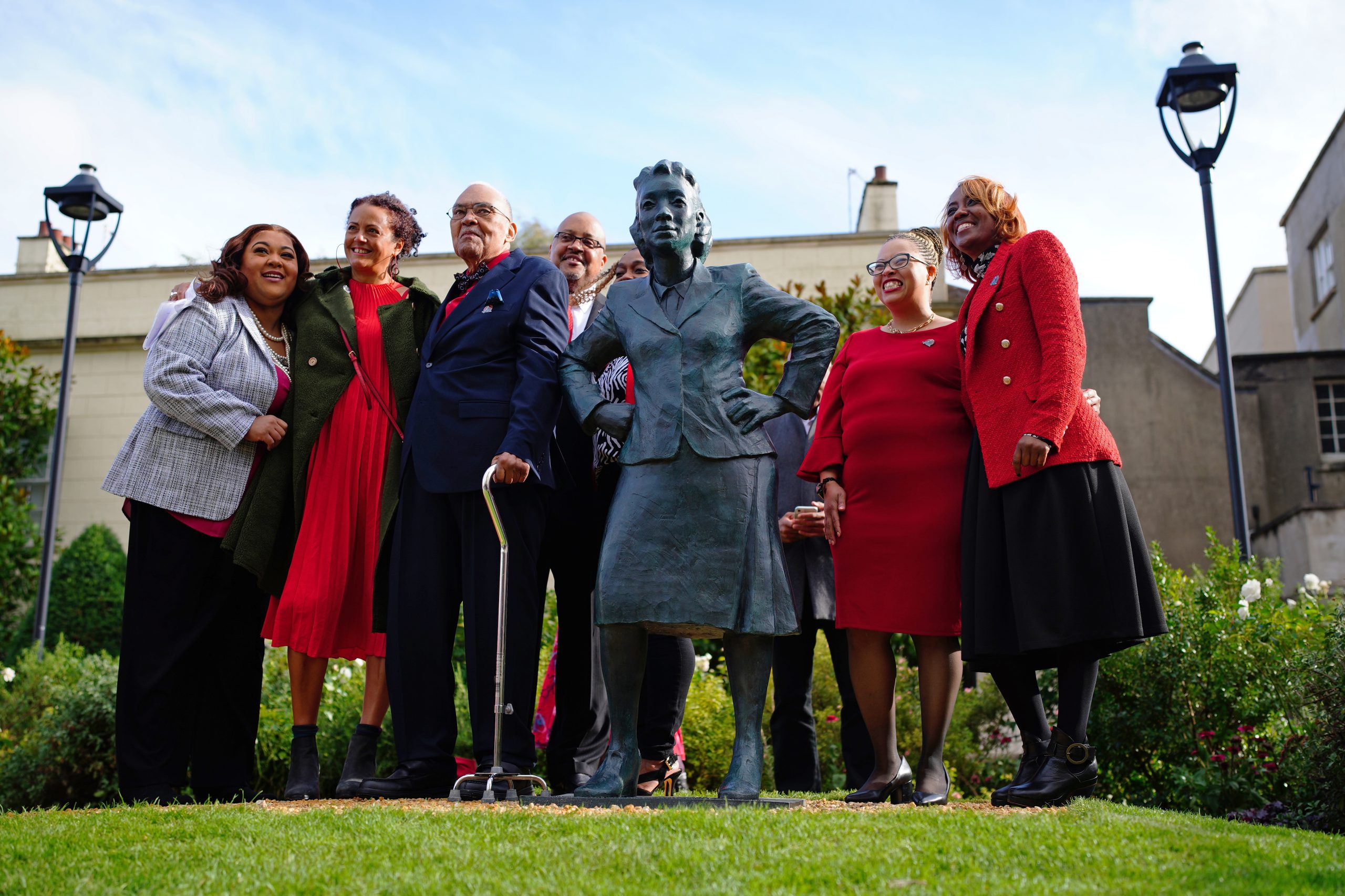
Credit: sanantonioreport.org
Current Initiatives And Future Outlook For Trust-Building In Biomedical Research
Henrietta Lacks’ family members shed light on trust-building in biomedical research, highlighting both current initiatives and future outlook for this crucial area.
Henrietta Lacks’ Family Involvement In Initiatives Promoting Trust:
- The Lacks family has been actively engaged in multiple initiatives aimed at promoting trust in biomedical research.
- Their involvement has been instrumental in raising awareness about the importance of informed consent, patient privacy, and the equitable distribution of benefits from research.
- Through their participation, the family has been able to share their unique perspective and advocate for the rights of patients and their families.
- The Lacks family’s involvement has significantly contributed to fostering a more inclusive and ethical approach to biomedical research.
- Their collaboration with researchers, scientists, and ethics committees highlights the importance of involving the communities affected by research in decision-making processes.
Frequently Asked Questions On Henrietta Lacks’ Family Members Speak About Building Trust In Biomedical Research
How Did Henrietta Lacks’ Family Contribute To Building Trust In Biomedical Research?
Henrietta Lacks’ family played a crucial role in building trust by sharing their story and advocating for ethical research practices. Their involvement helped raise awareness about the importance of informed consent and patient rights, leading to increased transparency and collaboration between researchers and patients.
What Challenges Did Henrietta Lacks’ Family Face In The Biomedical Research Community?
Henrietta Lacks’ family faced various challenges, including lack of knowledge about Henrietta’s cells being used in research, limited control over how her cells were used, and financial hardships. These challenges highlight the need for better communication, compensation, and respect for patients and their families in biomedical research.
What Impact Did Henrietta Lacks’ Story Have On Future Biomedical Research?
Henrietta Lacks’ story revolutionized biomedical research in multiple ways. It led to the development of ethical guidelines and regulations to protect patients’ rights and ensure informed consent. It also sparked discussions around racial inequality in healthcare and the importance of equitable access to medical advancements for all communities.
Her legacy continues to shape the field of biomedical research today.
Conclusion
Building trust in biomedical research is a complex and ongoing challenge, but it is vital for the advancement of scientific knowledge and the development of life-saving treatments. The insights shared by Henrietta Lacks’ family members highlight the importance of open communication, transparency, and ethical practices in research.
Their experiences serve as a powerful reminder that individuals and communities should not be taken advantage of for the sake of scientific progress. Instead, researchers must actively engage with and listen to the concerns and perspectives of patients and their families.
By doing so, they can foster an environment of trust and collaboration, paving the way for meaningful advancements in medicine. As we move forward, it is crucial for researchers, institutions, and policymakers to prioritize the ethical treatment of patients and ensure that their contributions to biomedical research are acknowledged and respected.
Only then can we build a healthcare system and research community that values the dignity and rights of every individual.
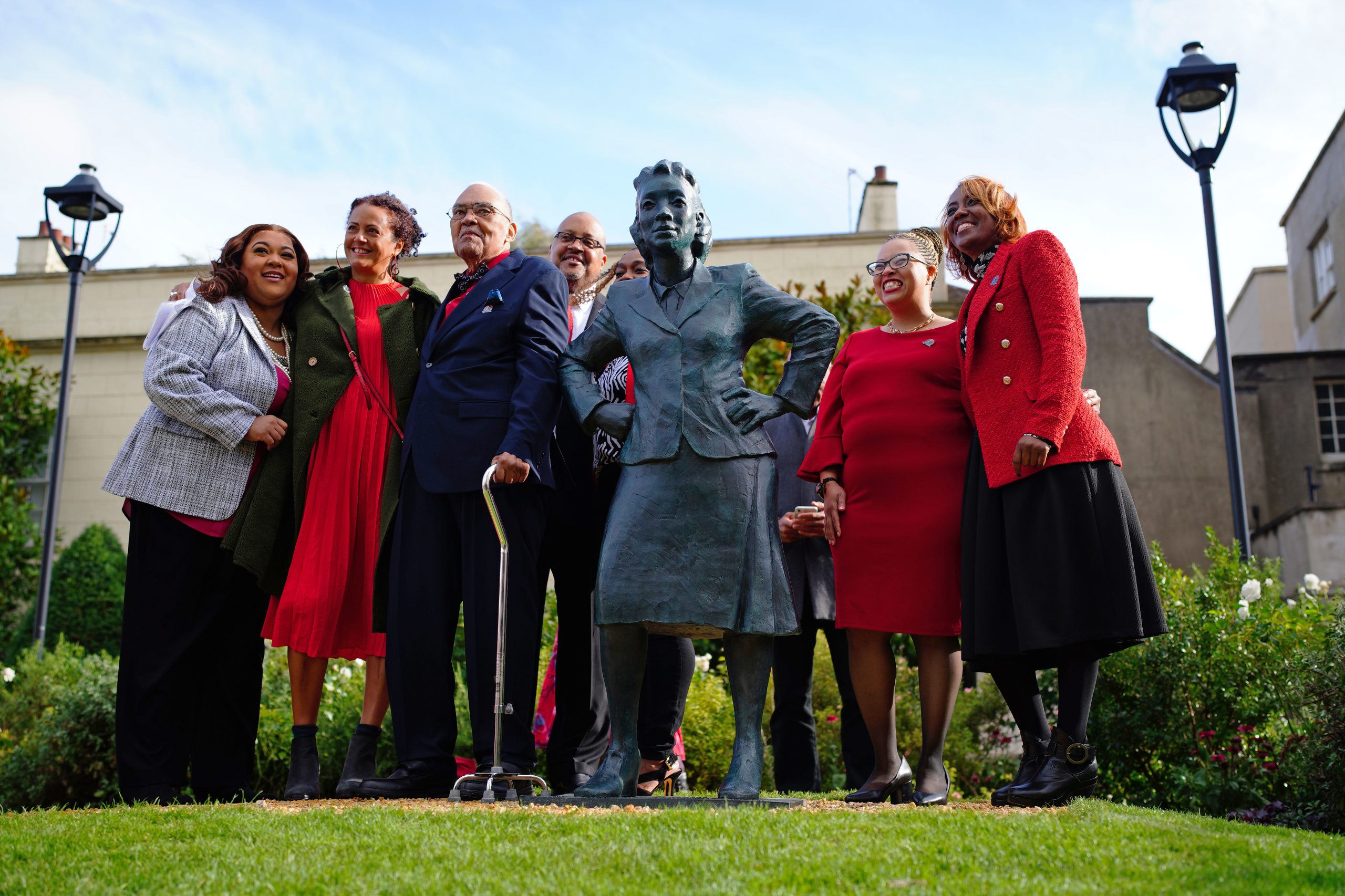
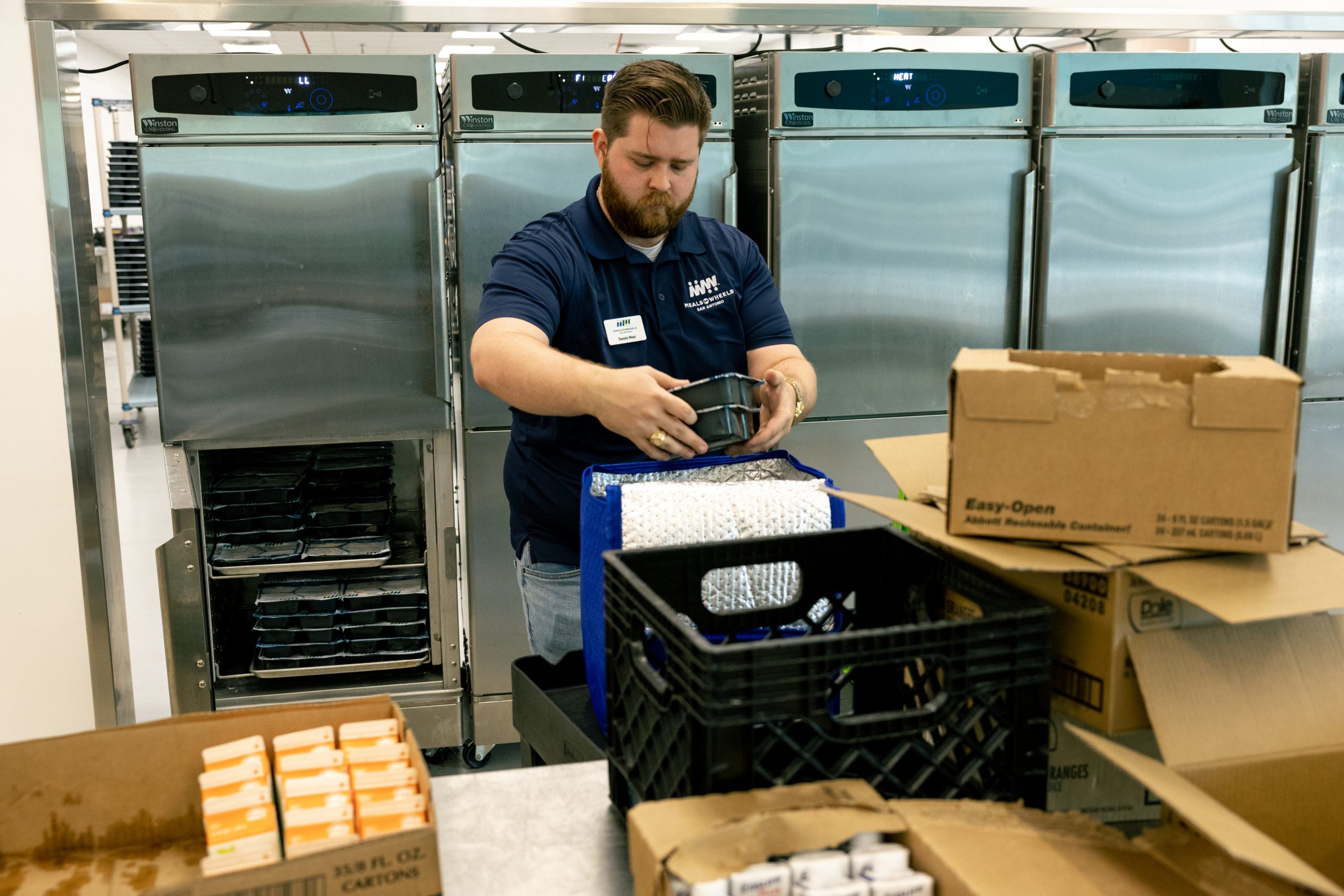


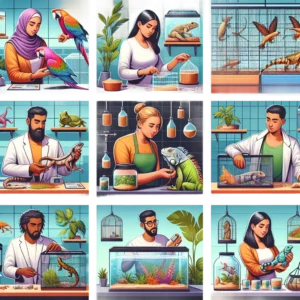

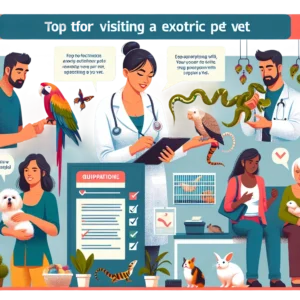







Post Comment